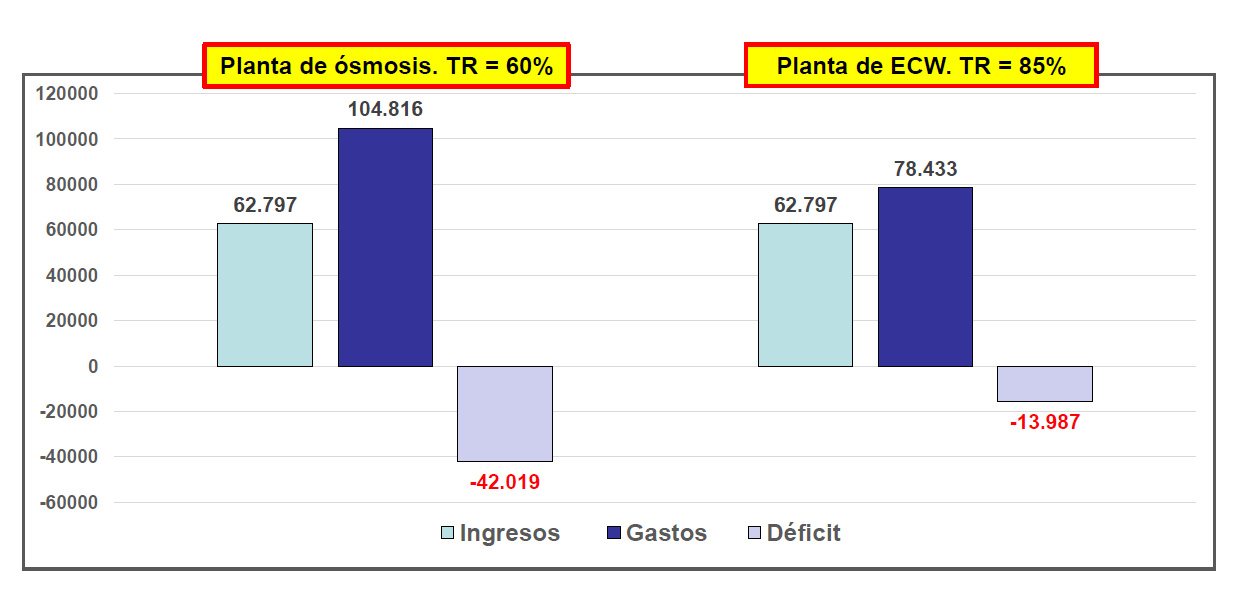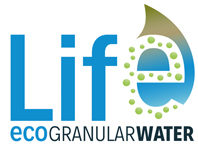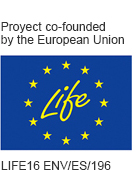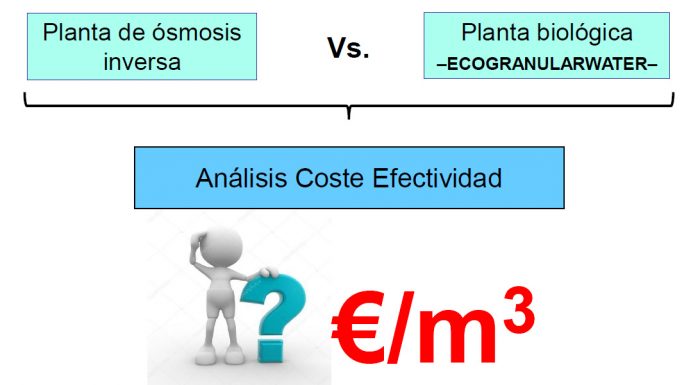It is possible to produce drinking water with a biological system at a lower cost than using reverse osmosis.
Currently, water supply service in small municipalities in Spain has a negative balance. Rate and non-rate revenues do not cover 100% of the total costs of the service. Therefore, in order to face the costs of the service, the local government teams have to resort to other revenue items in the municipal budget.
In small service areas where it is not possible to take advantage of the large economies of scale that exist in the sector, the best option for optimizing the income statment is to adjust production costs. Through the commissioning of the biological plant, it has been demonstrated that, compared to the existing reverse osmosis plant, it is possible to produce one cubic meter of water with an estimated reduction in costs of 45% – including environmental and resource costs-. In addition, it has also been demonstrated that it is possible to operate while maintaining the system’s technical and economic feasibility levels, making use of photovoltaic energy, which is much less polluting than that provided by the electricity grid.
According to estimates made, with lower operating costs associated with the commissioning of the biological plant, the deficit associated with the service could be considerably reduced. From the current cost recovery rate of 60%, this would increase to a cost recovery rate of 85%.
Example of a cost study comparing a reverse osmosis plant and the Ecogranularwater plant.
Reverse osmosis Ecogranularwater plant
In short, the biological system would provide drinking water at a lower cost. This would release municipal revenues, now committed to pay part of the water service costs, to carry out other local policies. In addition, this reduction in production costs could be achieved with less impact on the environment.



